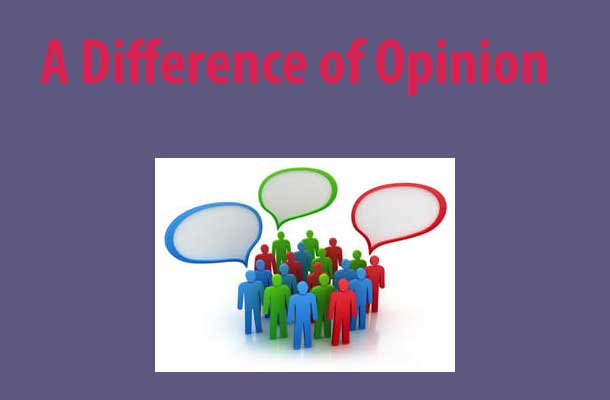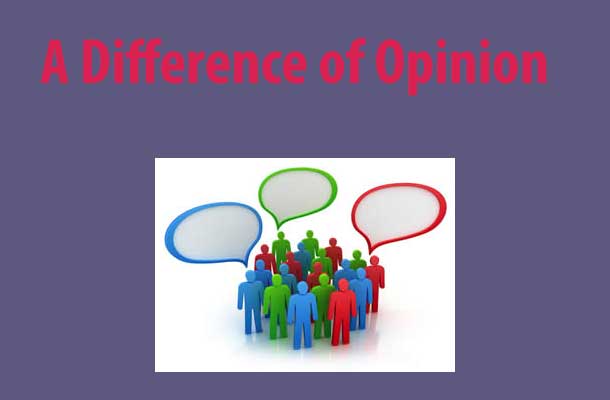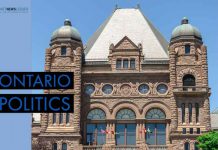 VANCOUVER, B.C. – INSIGHT – Last month during band elections on the O’Chiese First Nation in central Alberta, incumbent Chief Darren Whitford won his seventh straight term after a new electoral rule, which required candidates to be fluent in one of the local indigenous languages, disqualified all challengers.
VANCOUVER, B.C. – INSIGHT – Last month during band elections on the O’Chiese First Nation in central Alberta, incumbent Chief Darren Whitford won his seventh straight term after a new electoral rule, which required candidates to be fluent in one of the local indigenous languages, disqualified all challengers.
Unfortunately, Indigenous and Northern Affairs Canada (INAC) is unlikely to intervene in the matter because the O’Chiese operate under a “custom” election code – not the Indian Act election system.
A new Fraser Institute study highlights the problematic aspects of custom election codes for First Nations in Canada. While custom codes allow First Nations to create institutions that act as a check on elected chief and council, they have a serious weakness – once INAC signs off on the custom code, it no longer oversees its evolution and cannot intervene.
As shown in the study, lack of INAC oversight can be both a blessing and a curse. Bands under the Indian Act election system have the right to appeal election results and have them investigated – and acted upon – by the INAC bureaucracy and the minister. Not so for bands under custom codes which must determine their community’s appeals process.
Using legal research, the study finds that many First Nations under custom codes encounter problems and end up in costly and divisive court battles. Crucially, the self-governance allowed by the custom system may allow communities to drift away from the Charter of Rights and Freedoms and other modern human rights norms.
This is significant because, as the study shows, most First Nations in Canada operate under custom codes. About 57 per cent of communities across the country use custom code elections compared to 42 per cent of communities that hold Indian Act elections. And many First Nation leaders and non-aboriginal politicians want more First Nation communities to convert away from the Indian Act towards custom systems.
Residency and linguistic fluency restrictions, as enacted by the O’Chiese First Nation, are not the only discriminatory barriers contained in custom codes. Despite a decisive Supreme Court judgment in 1999 that ruled bands may not discriminate against off-reserve band members during elections, there are numerous examples of cases where custom bands adopt residency requirements for voting or running for office that violate this ruling.
In 2014, for example, Manitoba’s Garden Hill First Nation made headlines when it announced new age restrictions – candidates for chief had to be at least 50 years of age and council candidates had to be at least 40 years old. Particularly controversial was a stipulation that anyone in a common-law relationship was ineligible to run.
Discrimination is not the only problem. Sometimes it’s arbitrary exercise of power, like when elected leadership at Bearspaw First Nation in southern Alberta extended their term of office by two years without a vote. INAC could neither intervene or even offer much comment.
The problem is most of these disputes are not well dealt with internally and frequently end up in federal court.
Indigenous communities in Canada should look at the new data contained in this study before committing wholeheartedly to custom election codes. They must understand the bad as well as the good. The wellness of their communities depends on it.
Joseph Quesnel is a senior fellow at the Fraser Institute.
© 2017 Distributed by Troy Media
The views, opinions and positions expressed by all columnists and contributors are the author’s alone. They do not inherently or expressly reflect the views, opinions and/or positions of NetNewsLedger.







